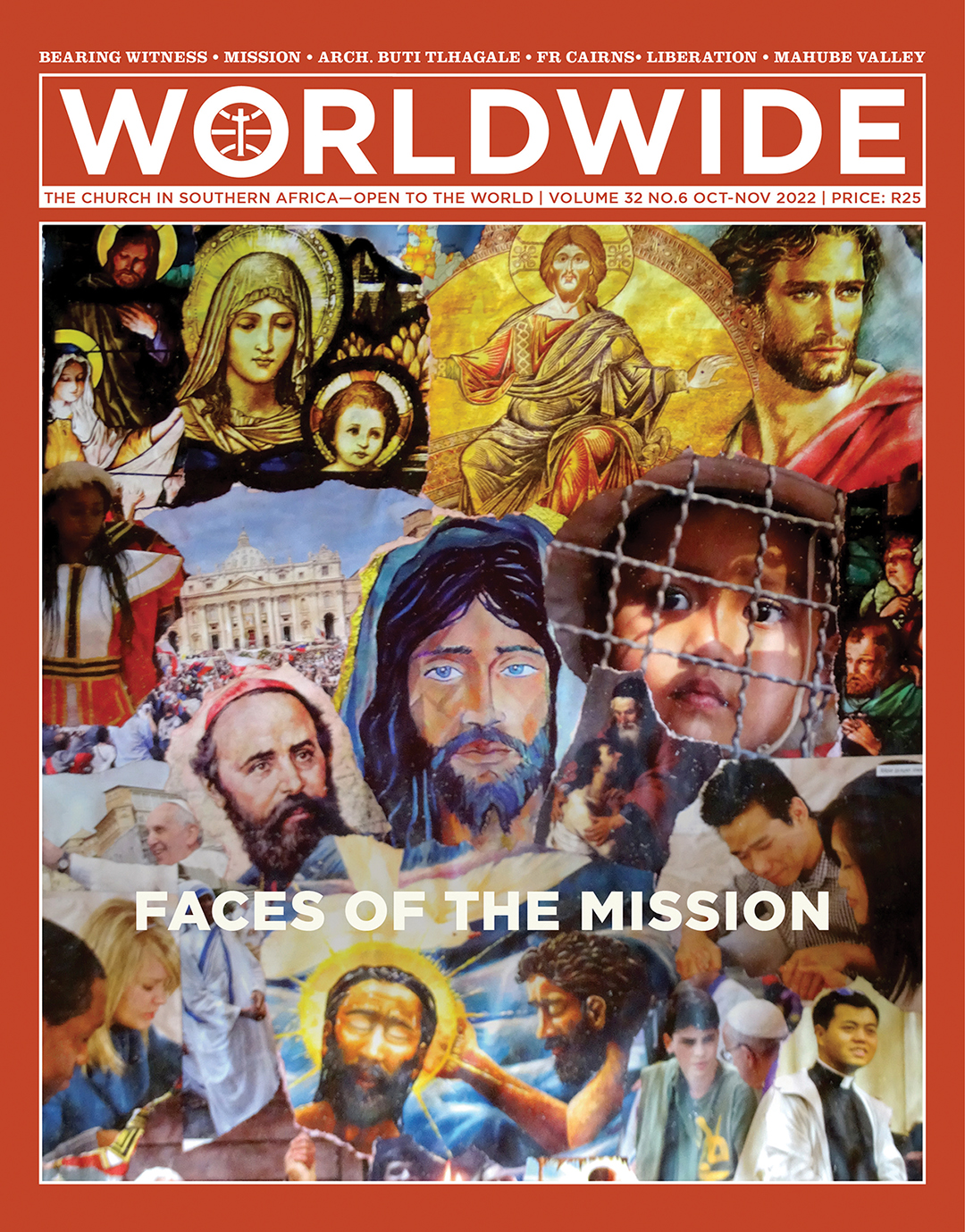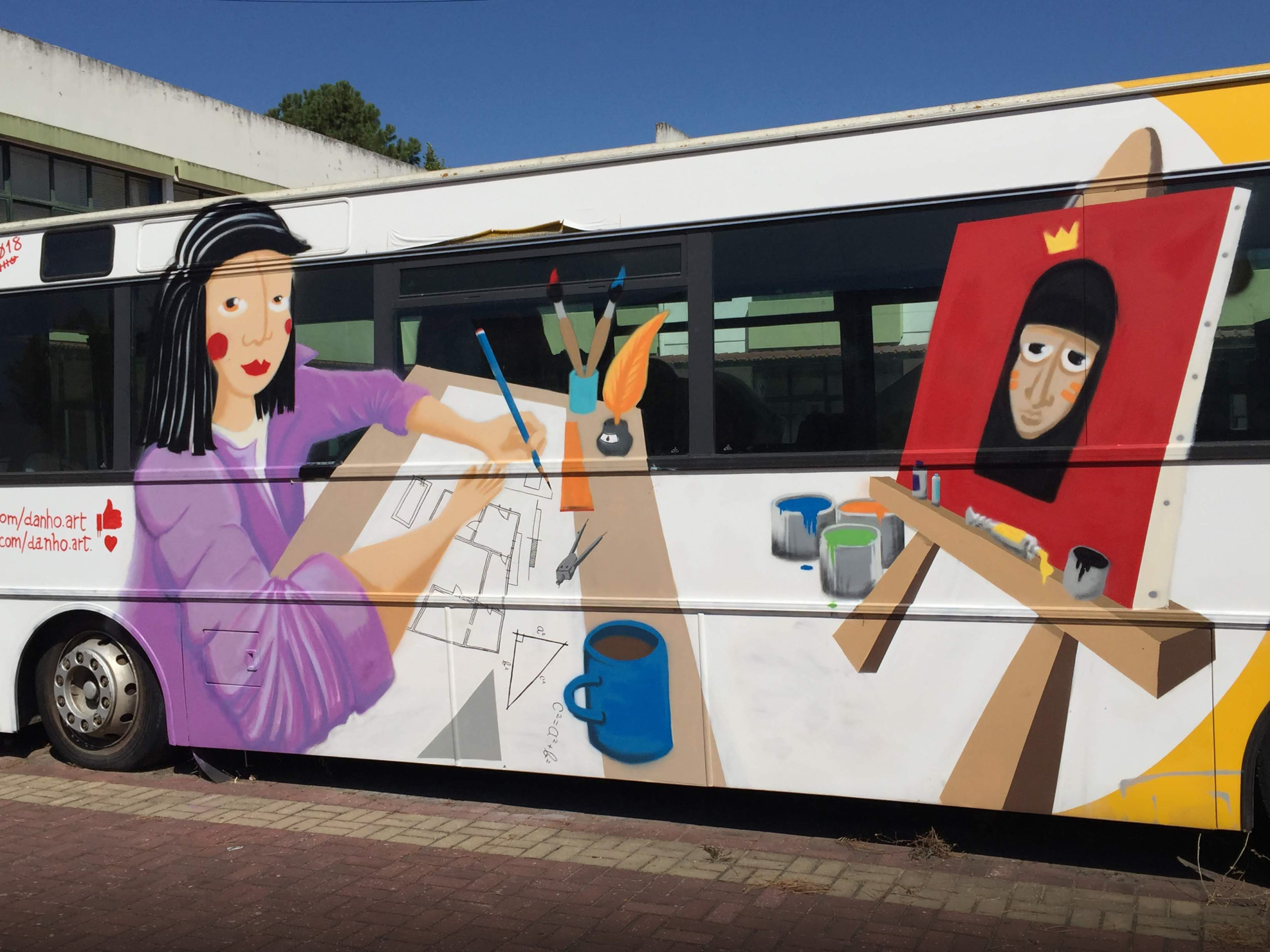REFLECTIONS • LIBERATION
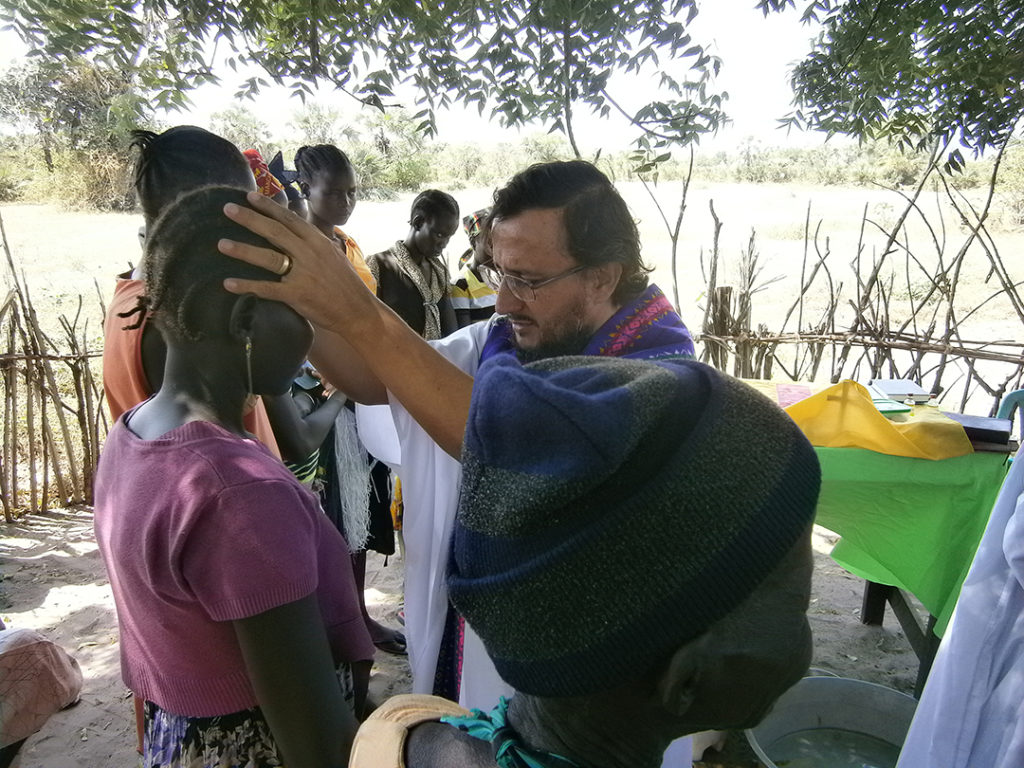
From non-believers towards non-persons, an imperative missiological shift
The mission of the Church in Africa must give particular attention to millions of people marginalised and discarded by society, showing them compassion and accompanying them on their journey of liberation. She needs to be a sign of hope and to pursue an alternative world where everyone’s dignity is respected. The least ones are God’s face and our actions to them are also our responses to God
BY Fabian Oliver | theologian, Johannesburg
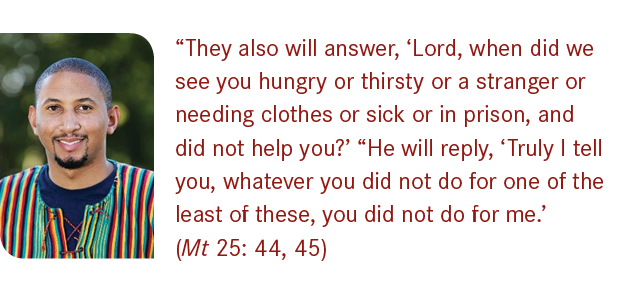
What is the mission of the Church in Africa?
South Africa sits unrivalled, with ample opportunity for growth and greatness for its people, having survived the yesteryears of holistic oppression. However, it is currently confronted with a type of dark night of the soul reality characterised by massive unemployment, unending corruption, rampant poverty, gender-based violence, and is world renowned for inequality. South Africa is not unique in these challenges and points to a larger African contextual crisis. Ghanaian Methodist theologian, Mercy Oduyoye stated the following which remains relevant today:
“Currently, Africa is a continent where people fight long, bloody wars to resist Islamization or the hegemony of dominant ethnic groups. Christians massacre Christians, Muslims struggle against Muslims, and conflicts, having nothing to do with religion, break out within and across national boundaries. Africa, barely out of the clutches of apartheid, continues to suffer from global racism and is riddled with poverty and death” (Oduyoye 1996).
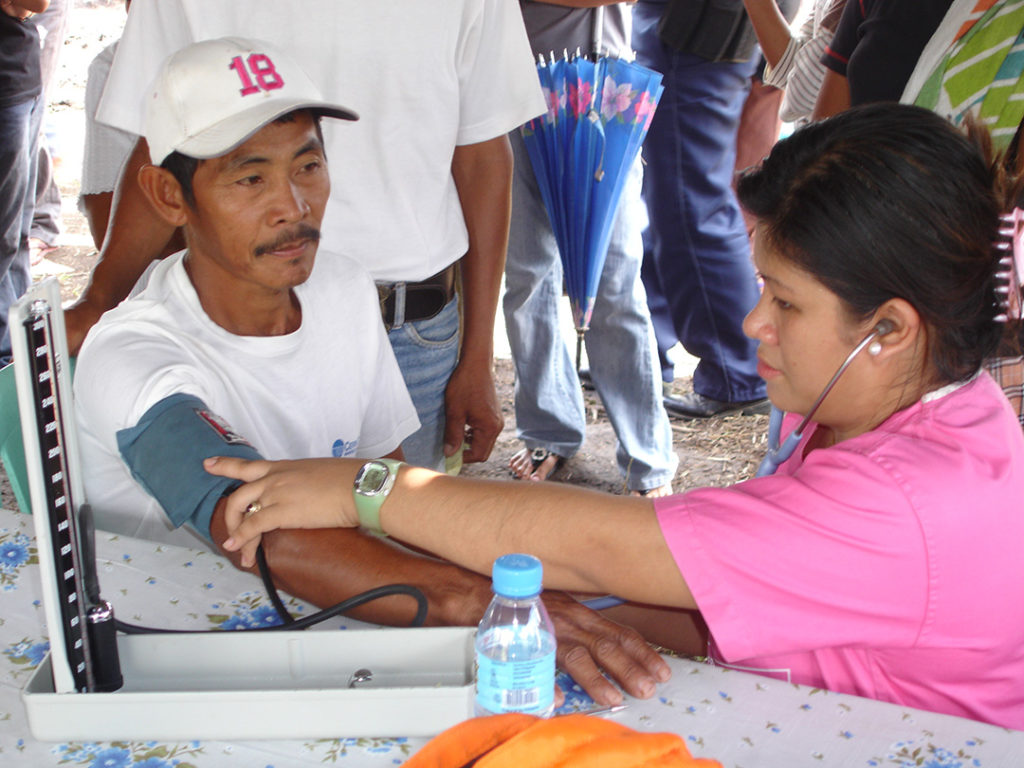
What are we to make of the gradual decrease of Christianity in large parts of Europe, yet in Africa, Christianity is growing. More pertinent is the reality that Africa remains poor(er) despite its Christianisation. The massive spread of Christianity in Africa has yet to shift the reality from civil war and sickness. South African novelist, Zakes Mda laments the African predicament by averring, “Indeed our ways of dying are our ways of living. Or should I say our ways of living are our ways of dying?” (Mda 1995). Amid this, the question remains: what is the task and responsibility of the Church? What is its mission? This reflection attempts to answer the question by reviewing the shift in missiological focus from non-believers towards non-persons, otherwise categorised by Jesus as the least of these. Here, it is suggested that the Church has and should continue to be a community for all, and simultaneously be closer to the struggles of the marginalised, witnessing to God’s kingdom on earth.
Non-believers
It can be argued that in Western orthodox theologies the interlocutor has traditionally been the non-believer. Think for example of the earlier Catholic doctrine, extra ecclesiam nulla salus, (outside the Church there is no salvation). This resulted in decades of frequent missionary activity by the Church to offer salvation to as many souls as possible via the defined ultimatum of accepting Christianity or rejecting eternal life (Hick & Knitter 2005). Beyond the dark colonial history marked by this missionary project, there are other considerations that question this form of mission. This includes the reality that the current Church approach accepts the diversity of faiths and is even committed to journeying with these faith communities (seen in multiple Ecumenical and Interfaith movements). In this way, mission as conversion of non-believers remains dormant or worthy of re-evaluation.
We can dare to be a Church that responds to all forms of physical, spiritual, and economic poverty
Non-persons
This brings us to another possible approach. Peruvian Catholic priest and pioneer of Liberation Theology, Gustavo Gutiérrez (1983) noted that the interlocutor of theology should be the non-person, which is “the human being who is not considered human by the present social order, the exploited classes, marginalized ethnic groups, and despised cultures.” In Joseph M.P. (2015), the term non-person is more provocative than it is literal because while theologically we believe that all people are truly made in the image and likeness of God, still, by noting non-person, it illuminates past and current realities which systematically allow and maintain others’ to existence on the peripheries, throttled by conditions of poverty, violence, and injustice. Gutiérrez in CNA (2015) puts it like this:
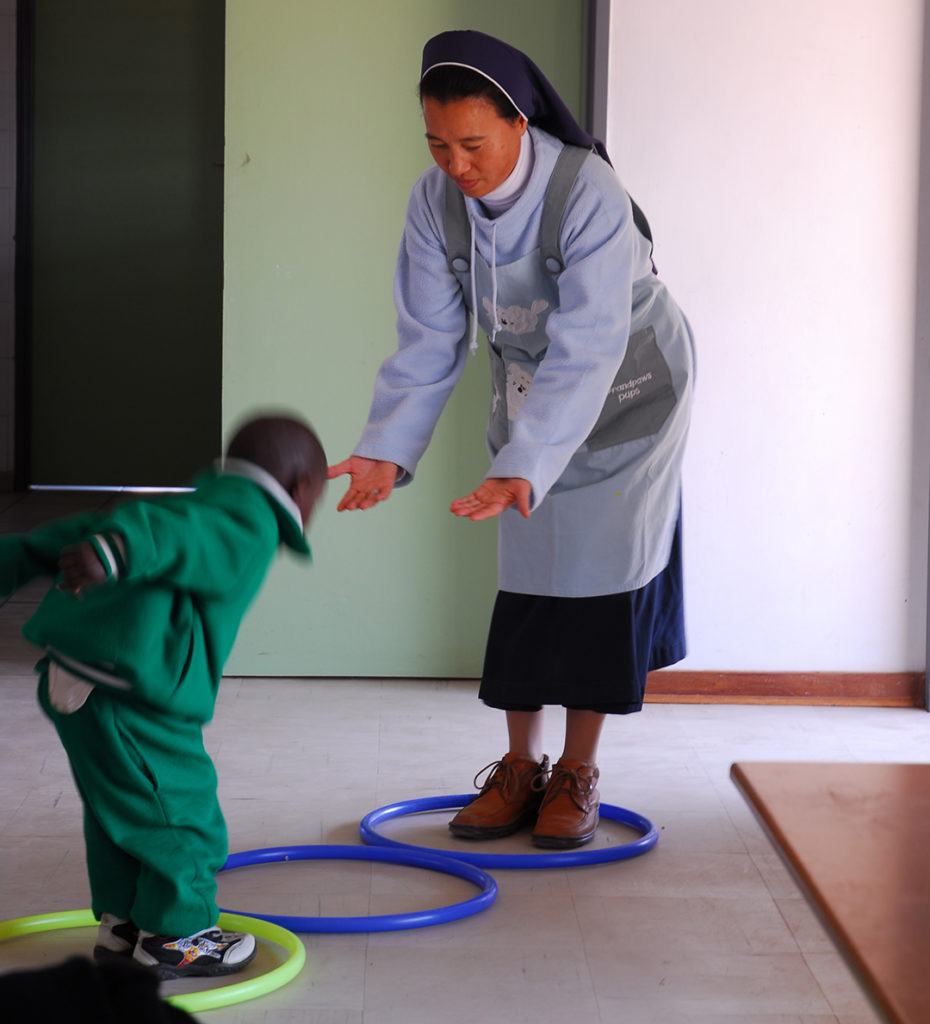
Credit: Giuseppe Caramazza/Worldwide archive.
“We referred to the poor as non-persons, but not in a philosophical sense, because it is obvious that each human being is a person, rather in a sociological sense; the poor, that is, are not accepted as persons in our society. They are invisible and have not rights, their dignity is not recognized.”
The Church should be a safe space for listening, talking, and imagining possibilities of peace, justice, and equality
Here, commitment towards the excluded should not be misconstrued for mere charity or seeing the marginalised as a means to an end. Rather, it is an invitation for the Church to continue to revive its theological starting point by looking at the world from the vantage point of the powerless. For Gutiérrez, the conditions of the marginalised are not a call for social relief, but an invitation to Christians (clergy and laity) to build an alternative life-giving social order. Likewise, we could advocate that the violence in Africa coupled with structural misogynistic patriarchy against women require not that we simply resist its evil, but that we participate with God in creating spaces of true equality and peace.
The tentative mission of the Church
Perhaps we can dare to be a Church that responds to all forms of physical, spiritual, and economic poverty, mindful that there is “none so poor as the one who does not feel any need” (Oduyoye 1996: 499). The Church should be a safe space for listening, talking, and imagining possibilities of peace, justice, and equality. It should see herself as the face of compassion, and not indifference. Here, we are reminded of the words of Pope Francis in Daly (2013), which say: “The thing the Church needs most today is the ability to heal wounds and to warm the hearts of the faithful; it needs nearness, proximity. I see the Church as a field hospital after battle.” Notwithstanding right doctrine (orthodoxy), we ought to also aspire towards right action (orthopraxy) to which the Church is in solidarity with Jesus who is the comfort of the afflicted and healer of the broken-hearted. In times of despair, the Church is a place of hope. It is where we come to receive and witness good news. Thus, the mission of the Church is one of cultivating stories of hope, stories of resistance to injustice, stories of economics, land and housing, education, health, solidarity, non-judgment, and ultimately love.
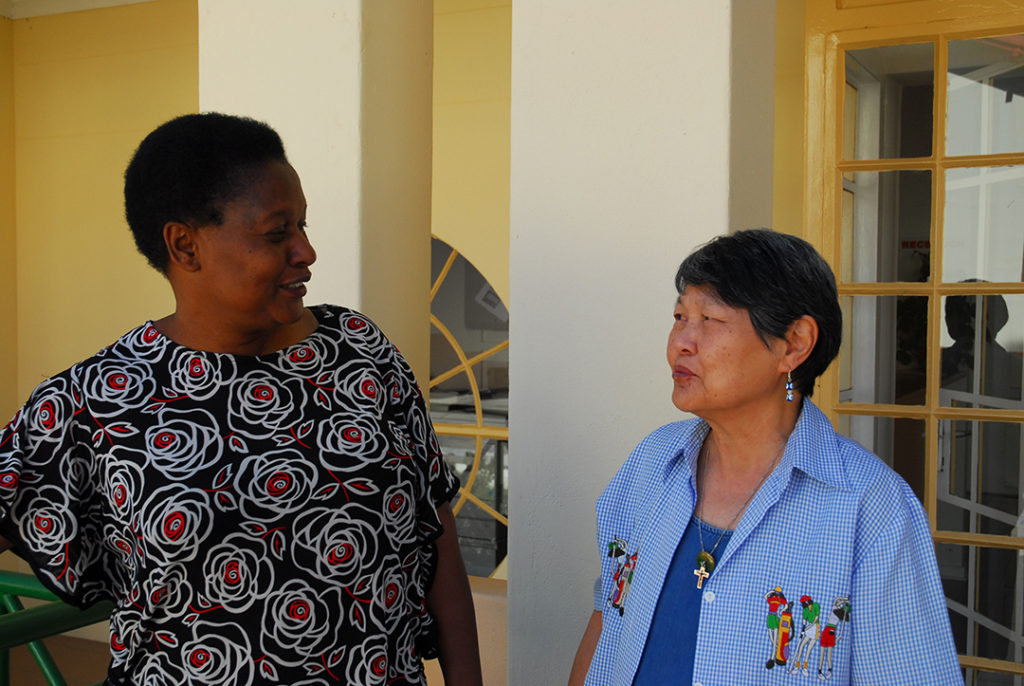
Credit: Joseph Caramazza/Worldwide archive.
An invitation to God’s liberating mission
American Catholic theologian William Cavanaugh (2016) reminds us that we must not forget that it is God and not us that will save the world. We are called merely to play our part in realising God’s salvific action, for it is God who takes the fruit of the vine, and the work of human hands and turns it into God-Himself. The mission of our Church is one of participating in God’s salvation, and in doing this, we are called to bear witness to the many crosses society bears and offer life in the many forms of death. Part of Jesus’ own mission was to bring good news to the poor (Luke 4: 18); thus, in the Gospel, Jesus is characterised through solidarity with the very least of humanity and where Jesus goes, we too must follow. In Jesus we see God’s love for all and also God’s preferential option for the broken, expressed in the Gospel of Matthew 25: 40–45. Interestingly, in this passage Jesus offers an ultimatum to the believers (not to the non-believers) of the possibility of hell or heaven based on the solidarity they have shown to the naked, the hungry, and the sick.
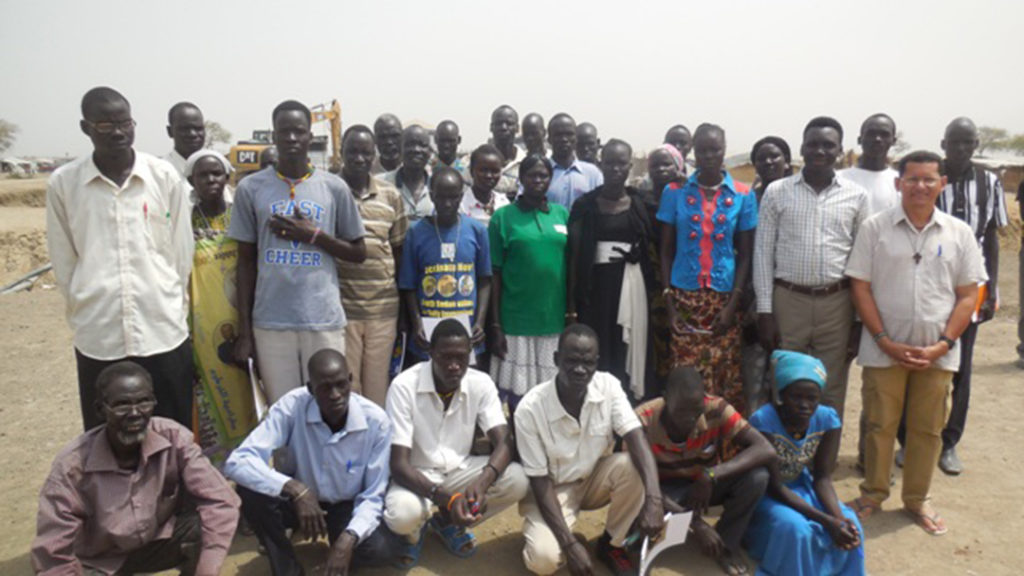
Credit: Raimundo Rocha/Worldwide archive.
What is fascinating here is that Jesus does not identify Himself with those who help the least of these, rather Jesus sees Himself as the hungry, the thirsty, the prisoner. Thus, God can be found in the lowly and marginalised, in the sick, and in those who grieve. Through the eyes of compassion, we see God in others, especially in the ones on the fringes of society. It is the gospel truth that people cannot live on bread alone, but on every word of God. In a starving world, it is also true that people cannot live on the word of God alone, but also bread. Part of the mission of our Church is to discern the difference and bear witness to God’s liberation.
In Jesus we see God’s love for all and also God’s preferential option for the broken
“But there are moments when even I have seen God dancing in the eyes of a street kid in Johannesburg. I could swear that I have heard the voice of God in the low and high notes of some profane and sacred hymns alike. As well as residing among the poor, maybe God also dwells in the small mercies of strangers, in the aha moments when humans connect deeply and in the brilliance of the artist” Maluleke (2015).

